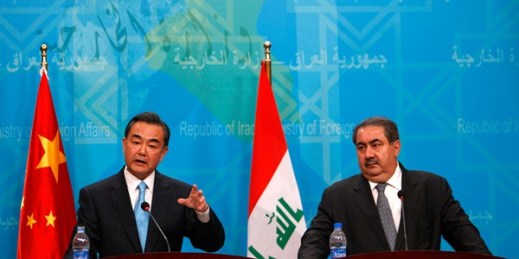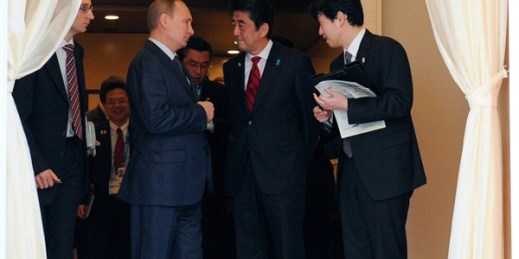
When asked recently by New York Times columnist Thomas L. Friedman whether China, as the “biggest energy investor in Iraq,” should behave more like a stakeholder there, U.S. President Barack Obama had a pointed reply. The Chinese, he said, “have been free riders for the last 30 years and it’s worked really well for them,” while the United States has had to bear the burdens of maintaining international security and prosperity for the good of the world. Those comments triggered a sharply negative reaction in the Chinese press. Although Obama might not have intended to be so blunt, his remarks […]


